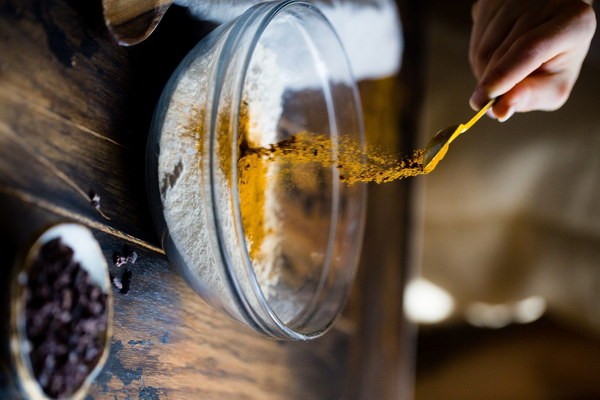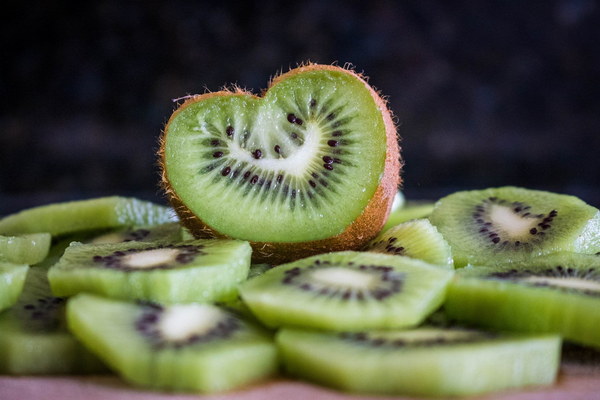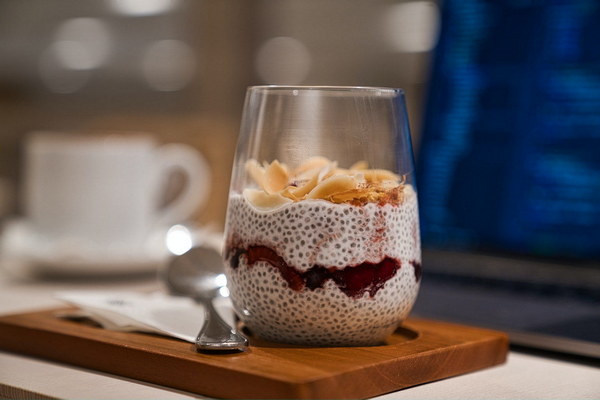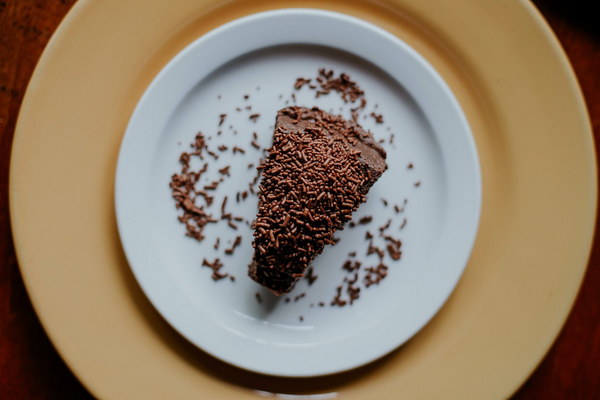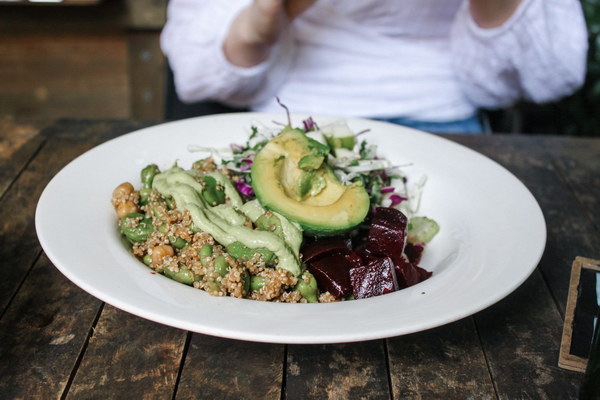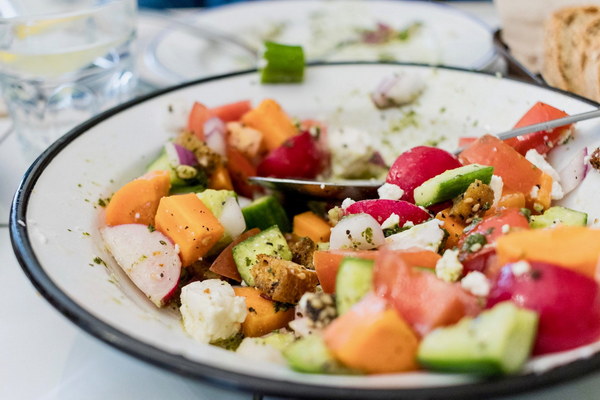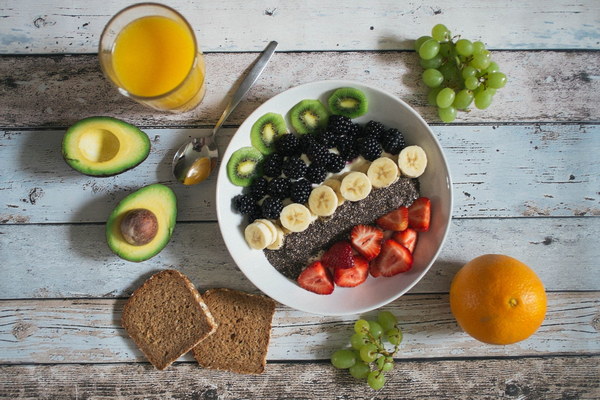Nourishing Your Stomach During Menstruation A Holistic Approach
Introduction:
Menstruation is a natural and essential part of a woman's life, yet it often comes with discomfort and inconvenience. One of the most common complaints during this time is stomach issues, such as bloating, cramps, and nausea. To help alleviate these symptoms and promote overall well-being, it's crucial to focus on nourishing your stomach during menstruation. This article will discuss various strategies to help you maintain a healthy digestive system and alleviate menstrual stomach problems.
1. Embrace a Balanced Diet:
A balanced diet is the cornerstone of a healthy stomach during menstruation. Here are some key dietary recommendations:
a. Increase fiber intake: Fiber-rich foods, such as fruits, vegetables, whole grains, and legumes, help regulate digestion and reduce bloating. Aim to consume at least 25-38 grams of fiber per day.
b. Stay hydrated: Drink plenty of water to keep your digestive system moving and reduce bloating. Aim for at least 8-10 glasses of water daily.
c. Choose soothing foods: Opt for warm, comforting foods such as soups, stews, and oatmeal. These can help soothe your stomach and alleviate cramps.
d. Limit dairy and caffeine: Dairy products and caffeine can exacerbate bloating and cramps. Minimize your intake of these substances during your period.
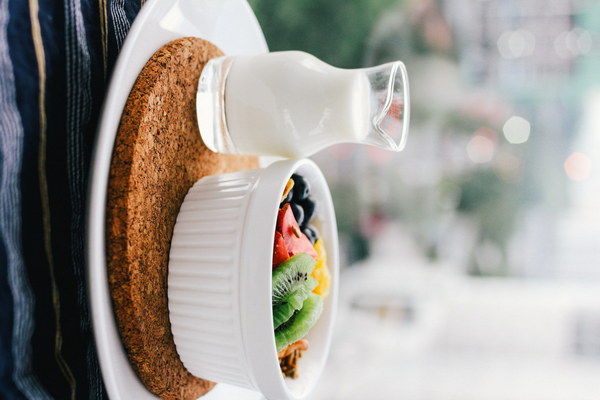
e. Eat small, frequent meals: Eating small, frequent meals can help prevent overeating and minimize stomach discomfort.
2. Incorporate Probiotics:
Probiotics are beneficial bacteria that promote a healthy gut. Consuming probiotics during your period can help alleviate stomach issues. Some sources of probiotics include:
a. Fermented foods: Yogurt, kefir, sauerkraut, and kimchi are excellent sources of probiotics.
b. Probiotic supplements: Consult with a healthcare professional before taking probiotic supplements, as they may not be suitable for everyone.
3. Manage Stress:
Stress can exacerbate stomach issues during your period. Here are some stress management techniques:
a. Practice relaxation techniques: Deep breathing, meditation, and progressive muscle relaxation can help reduce stress.
b. Exercise regularly: Regular physical activity can help alleviate stress and improve digestion.
c. Prioritize sleep: Ensure you get enough restful sleep to support your body's healing process.
4. Consider Herbal Remedies:
Herbal remedies can help alleviate menstrual stomach problems. Some popular options include:
a. Chamomile: Known for its calming properties, chamomile can help soothe your stomach and alleviate cramps.
b. Peppermint: Peppermint tea can help relieve bloating and indigestion.
c. Ginger: Ginger has anti-inflammatory properties and can help alleviate cramps and nausea.
5. Stay Active:
While it may be tempting to stay in bed during your period, staying active can actually help alleviate stomach issues. Gentle exercises, such as walking, yoga, or stretching, can improve blood flow, reduce bloating, and alleviate cramps.
Conclusion:
Nourishing your stomach during menstruation is essential for overall well-being. By embracing a balanced diet, incorporating probiotics, managing stress, considering herbal remedies, and staying active, you can help alleviate menstrual stomach problems and enjoy a more comfortable period. Remember to consult with a healthcare professional before making significant changes to your diet or lifestyle.

